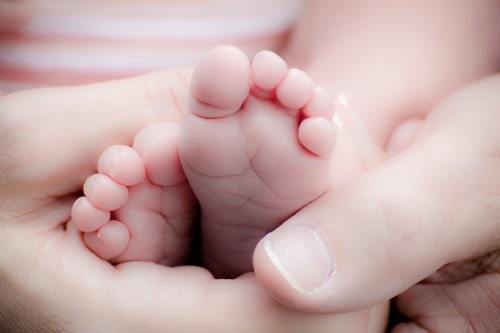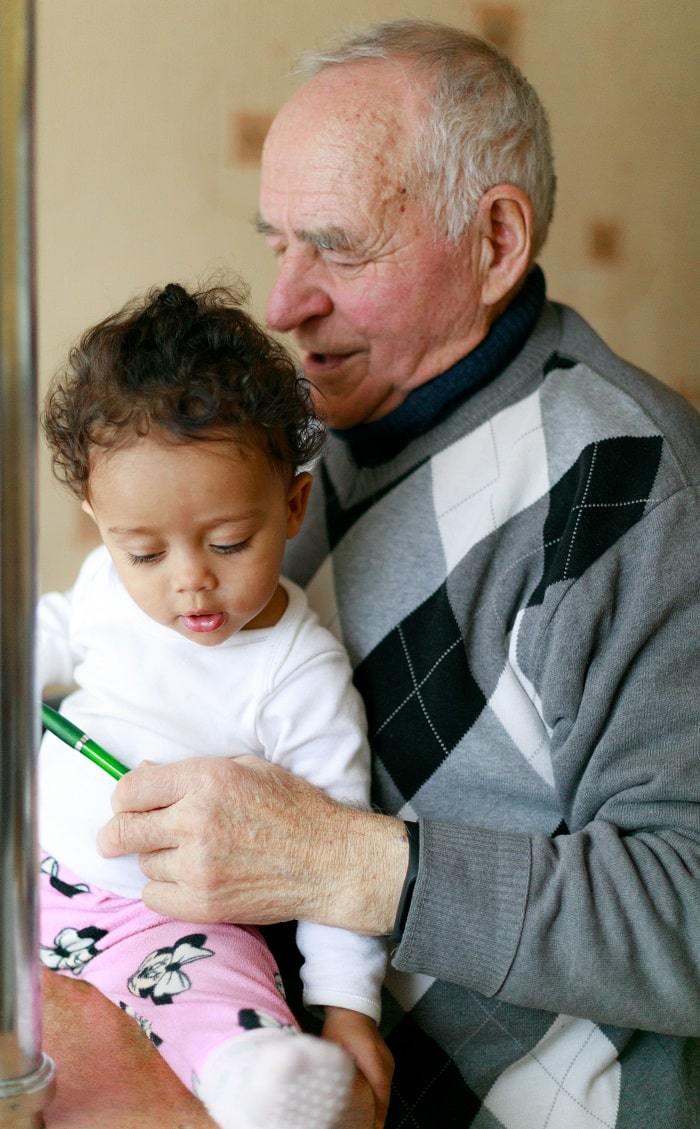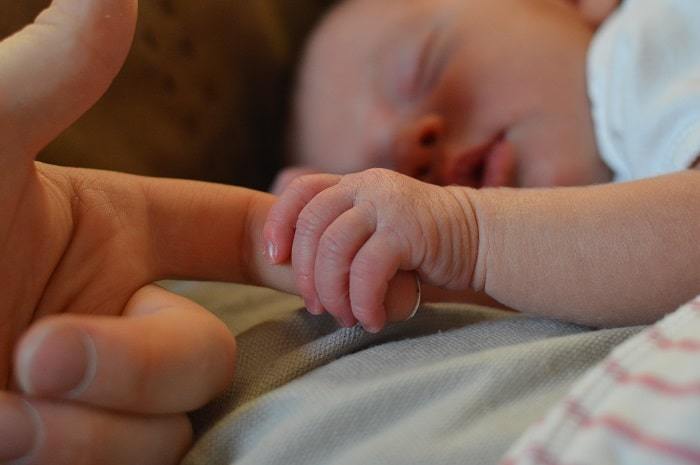Digital Nomads Becoming Parents – Getting a Child Abroad
Parents of newborns are often complaining about conditions in their home countries.
Sometimes new mothers don’t get the right treatment in public hospitals. In some other cases, fathers aren’t allowed to witness the birth when a child is born abroad as conditions are different in different countries.
While most medical workers are doing their best, they can’t meet everybody’s demands.
But what would you do if your child was to be born in a foreign country? Today many people work on the go, either as digital nomads or as avid travelers.
If you’re one of them, find out more about your rights and obligations in the next few paragraphs1. Hospital expenses and insurance

Laws and medical regulations differ significantly from country to country. A rule of thumb in most countries is that a foreigner would have to pay the hospital expenses for the time spent in the hospital.
However, these rates may vary from country to country. For instance, in some less developed countries, the price of the hospital services might be more than affordable for well-off digital nomads.
What might be a problem here is the quality of services in public hospitals in such countries.
As opposed to that, private clinics usually try to provide top-notch services to new mothers and their babies even if your child is born in another country.
That’s why it would be wise to think about paying an international health insurance policy. Even though these monthly sums aren’t low, they can prevent you from spending a fortune on hospital services. To top it all off, you won’t have to worry what sort of services you will get during the birth.
2. Postpartum care and nurture

If you’re a couple working on the go, it will be easier to deal with the post-partum care.
However, if this is your first child, you might be aware of all the things that you’ll be facing in the first few months.
Therefore, it would be smart to attend several parenthood lessons when you become pregnant.
If possible, ask one of your siblings or parents to come and stay with you during these first few months.
This is even more important if your partner has to work all this time.
Being alone in a foreign country with a newborn baby might provoke more stress than you can handle.
If you ensure proper help on time, you’ll be able to enjoy your motherhood from day one.
3. The issue of citizenship

Some countries give every child born on their territory the birthright citizenship.
One of the most influential countries with this law is the USA. This strict application of jus soli, i.e., “the right of the soil” comes from the American tradition that every person born on the American soil is the citizen of the US.
However, not all countries are as open-minded as America. While Brazil and Argentina follow suit in this case, most European countries apply a restricted jus soli; this means that at least one parent needs to have citizenship if they want their children, who are born abroad, to become citizens of that very country.
In most cases, digital nomads aren’t interested in getting citizenship of the country where they are at the moment of birth. But if the child becomes the citizen of that country automatically, that could complicate things from a legal point of view.
That’s why it’s crucial to get some legal advice on this matter before your child is born.
4. Parenthood without grandparents

We already scratched the surface of this topic in the second paragraph.
Living alone in a foreign country isn’t only specific in the first few months after birth.
Since babies and toddlers can’t take care of themselves, it’s imperative to make a childcare plan.
If you’re going to stay in that country, make sure to contact several childcare institutions. You need to see whether your child is eligible to attend public kindergarten and nurseries. If that country gives birthright citizenship, it’s highly likely that your child can go to state-owned institutions.
Contrary to that, contact several childcare providers and see what services they’re offering. The costs of their services can vary a lot.
Therefore, do your homework and check everything when you become pregnant.
5. Hiring an extra hand

Some traveling workers don’t want to put their babies in nurseries in countries they don’t know so well.
From the parental point of view, this is an entirely understandable precaution. It becomes even more acceptable if parents don’t speak the local language properly.
For starters, your parents or siblings can help you a lot. But we all know that staying with your own parents for a long period of time could be a bit tiring.
They can’t get used to the fact that you’re an adult person and you need your own space.
What you can do after these first few months is to hire an extra hand.
Depending on your location, working with a childcare assistant carries some specific features.
Similarly, if you’re living in a country with a special political regime, it’s important to find an impartial professional to stay with your family.
This assistant should be someone who can speak your language or at least know English very well. Establishing clear communication is extremely important in these situations, so pay special attention to that feature.
Finally, make sure to double- and triple-check the references and previous experience of all the potential candidates.
Conclusion
Living a nomadic life is extremely interesting, and some people manage to pursue this lifestyle all their lives.
However, if you want to start a family, things can get a bit complicated. If you still want to live the same way, it’s vital to learn more about the laws and medical services of the country you’re staying in.
Also, start paying some private health services, so you prepare everything for your baby to have the best services when the baby comes to this world.
Finally, don’t hesitate to find a childcare assistant who will help you take care of your baby. That person can become your family nanny afterward, as well, in case you stay in that place for a more extended period.
We hope that our tips will help digital nomads start their families in a more relaxed way.


